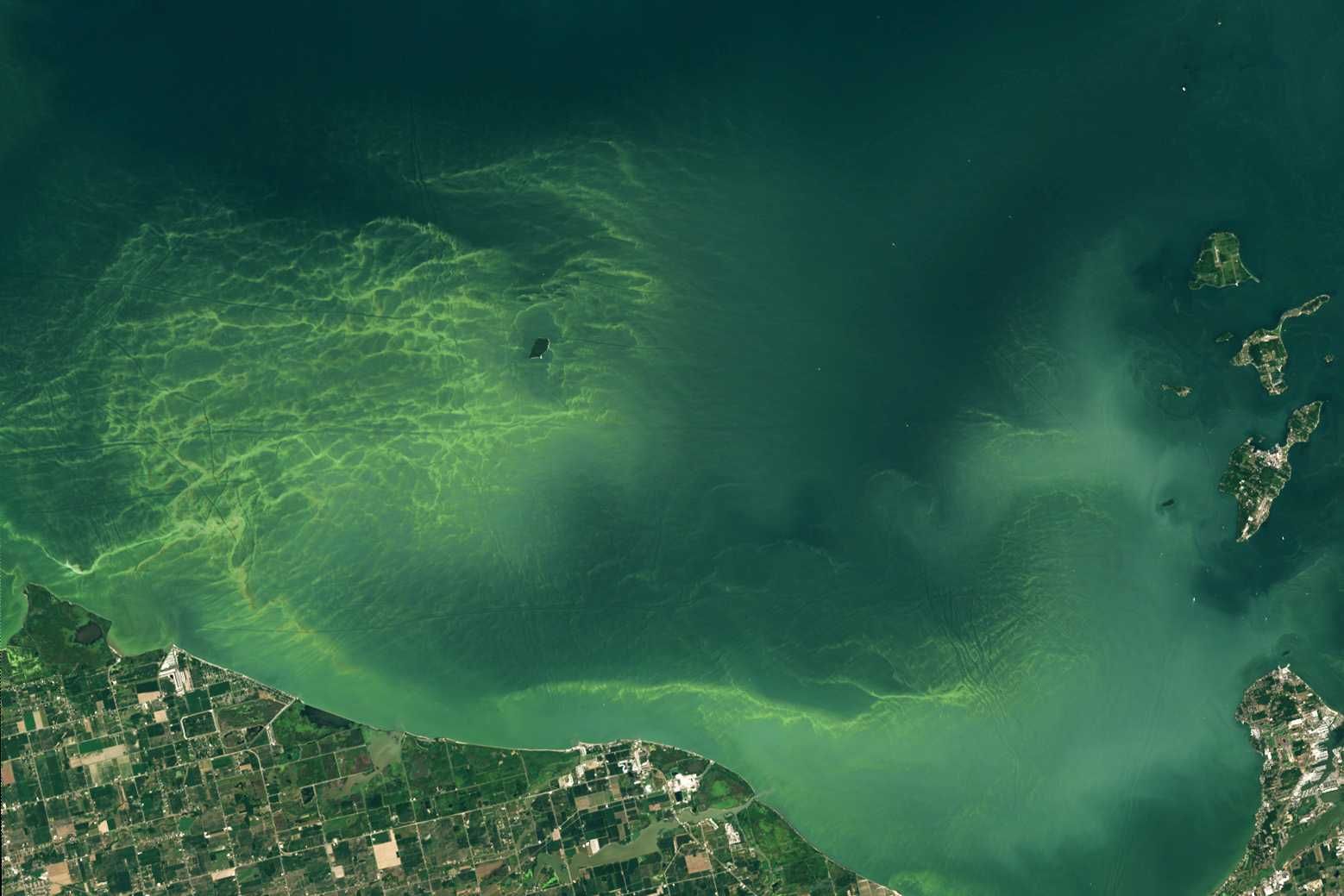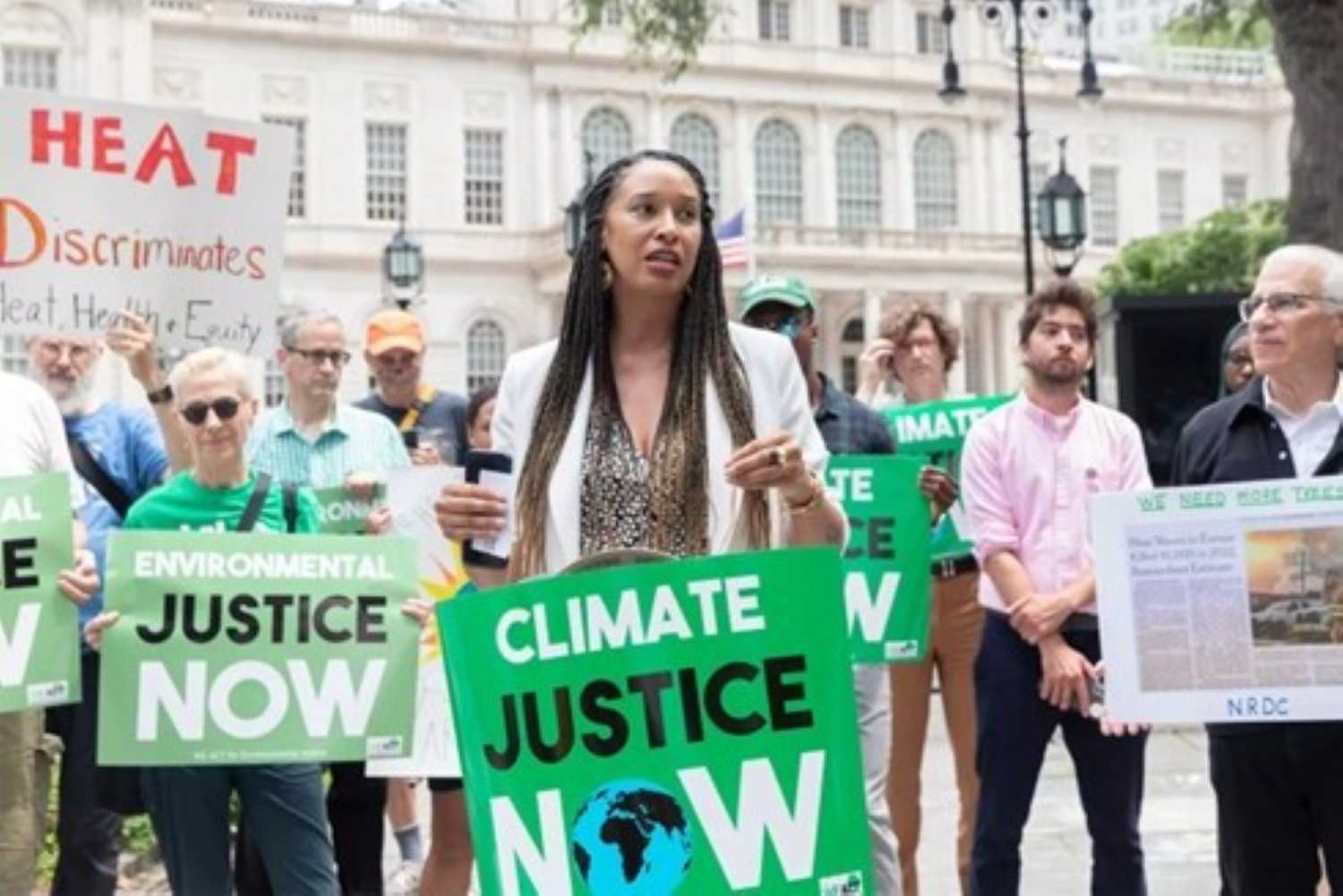Environmental Integrity
Integrity means that your actions match your values. Environmental Integrity means that your actions with regard to the environment match your felt or expressed priorities and values with regard to the environment. For most of us in 21st century North America, Environmental Integrity is a high bar to achieve. For example, the United States has contributed over a quarter of all greenhouse gas emissions. How can we not be hypocritical going forward? What is our responsibility to our community, to our country, to future generations on this planet? Perhaps we should start by recognizing that human beings are part of the environment.
Important aspects of Environmental Integrity:
- Environmental justice
- Environmental education
- Energy policy
- Land use planning
- Watershed management
- Treatment of animals
- Species preservation
- Ecological imperatives
Related Articles & Resources
Thank you! Your submission has been received!
Oops! Something went wrong while submitting the form.
Environmental Integrity

The Drying Planet
by Abraham Lustgarten, ProPublica
"Moisture lost to evaporation and drought, plus runoff from pumped groundwater, now outpaces the melting of glaciers and the ice sheets..."
Environmental Integrity

Bursting the Harmful Algal Bloom Bubble
by Elijah de Castro
A device emitting sound waves can cause tiny explosions in cyanobacteria – enough to keep their toxicity at bay
Environmental Integrity

Environment as Home and Neighborhood
The Basics
The home / neighborhood environment "significantly affects physical and mental health, social well-being, and even educational outcomes."
Environmental Integrity

The Environmental Justice Movement - Part Four
Natural Resources Defense Council
"The work of the environmental justice movement has already reshaped how so many experience the environment; it has saved lives..."
Environmental Integrity

The Environmental Justice Movement - Part Three
Natural Resources Defense Council
"What began in the streets of Warren County [North Carolina] had made it to the White House."
Environmental Integrity

The Environmental Justice Movement - Part Two
Natural Resources Defense Council
"Three-quarters of the hazardous waste landfill sites in 8 southeastern states were located in primarily low-income, Black, and Latine communities."
Environmental Integrity

The Environmental Justice Movement - Part One
Natural Resources Defense Council
"The story of how the environmental justice movement became a national one can generally be traced back to Warren County, North Carolina."
Environmental Integrity

What Good is Rivercane - Part Two
Part Two
What would a mature and extensive stand of rivercane do for Asheville's River Arts District and the city's stature as a tourist / retiree destination?
Environmental Integrity

What Good is Rivercane - Part One
Part One
"Once a wide-ranging species, rivercane provides important wildlife habitat and holds cultural significance to many Indigenous peoples."
Environmental Integrity

What Good are Mosses?
Becky Smucker
"They play important ecological roles, such as providing habitat for countless tiny creatures, including insects, spiders, and water bears."
Environmental Integrity

Sochan gathering in the Great Smoky Mountains National Park
by Sarah Farmer, US Forest Service
The Eastern Band of Cherokee Indians and the National Park Service signed an agreement restoring tribal members’ right to harvest sochan in the park.
Environmental Integrity

Tree Discovery Guide - Part Two
from Asheville GreenWorks
"Please use this guide to help you fully engage in a walk around the block...and remind yourself...there is life all around you!"
Environmental Integrity

Tree Discovery Guide - Part One
from Asheville GreenWorks
"This guide is intended to assist you on a self-guided tree walk around the block."
Environmental Integrity

Beyond Monarchs: A Pollinator Primer
A Pollinator Primer
"Plenty of pollinators overwinter in our yards, gardens and fields, using plants and debris that are left behind."
Environmental Integrity

The Bald Eagle
An Overview by the U.S. Fish and Wildlife Service
"The bald eagle is an Endangered Species Act success story."
Environmental Integrity

Wilma Dykeman Greenway - The Missing Mile
The Wilma Dykeman Greenway
“The city of Asheville and NCDOT will continue to coordinate on the design and ultimate construction of the greenway [extension]."
Environmental Integrity

Stormwater 101 - Part Two
RiverLink's call to Reduce Rain Runoff
"Don't run off: Be a Part of the Solution."
Environmental Integrity

Stormwater 101 - Part One
RiverLink's call to Reduce Rain Runoff
"The sheer volume and velocity of rain runoff is the biggest threat today to the health of the French Broad River watershed."
Environmental Integrity

As vast as climate change, as personal as a child with asthma
WE NEED YOUR INPUT (not your money)
"Tell us what Environmental Justice means to you."
Environmental Integrity

What does environmental justice mean to you?
by Kate Bashford, Wilma Dykeman Legacy Program Chair for Environmental Integrity
Since the onset of the agricultural and industrial revolutions, environmental “justice” is often meted out by powerful people to disastrous effect.
Environmental Integrity

The State of Our Rivers - Part Four
MountainTrue's 2023 Report
"Community health and economic risks require policy interventions."
Environmental Integrity

The State of Our Rivers - Part Three
MountainTrue's 2023 Report
"Sources of pollution are not a mystery."
Environmental Integrity

The State of Our Rivers - Part Two
Mountain True's 2023 report
"Stream health is generally good."
Environmental Integrity

The State of Our Rivers - Part One
Mountain True's 2023 Report
"The French Broad River is generally unsafe for swimming and other primary recreation."
Environmental Integrity

Nature-Based Solutions for Water - Part Four
Nature-Based Solutions for Droughts and Floods
Water-related risks and disasters...result in immense and growing human and economic losses globally.
Environmental Integrity

Nature-Based Solutions for Water - Part Three
Nature-Based Solutions for Water Pollution
Non-point source (diffuse) pollution from agriculture - notably nutrients - is a major problem worldwide. It is also one of the most amenable to NBS.
Environmental Integrity

Nature-Based Solutions for Water - Part Two
Nature-Based Solutions for Water Scarcity
"An estimated 3.6 billion people (nearly half the global population) live in areas that are potentially water-scarce at least one month per year."
Environmental Integrity

Nature-Based Solutions for Water - Part One
What are Nature-Based Solutions?
Water resource management remains dependent on human-built ('grey') infrastructure. Nature-based solutions support green growth or the green economy.
Environmental Integrity

Partnerships and Cooperation for Water
The United Nations World Water Development Report 2023
The three planetary crises of (1) climate change, (2) nature (biodiversity) loss, and (3) pollution are central to the UN's environmental strategy.
Environmental Integrity

Ozone Layer Recovery is On Track
Ozone Layer Recovery is On Track
"Nearly 99% of banned ozone-depleting substances" have been phased out.
Environmental Integrity

Resilient Agriculture - Part Two
Bouncing Forward to a Resilient Food Future - Part Two
"Are you ready to step on the path to a resilient agriculture? Read on to learn about the 12 things that you can do at home and in your community..."
Environmental Integrity

Resilient Agriculture - Part One
Bouncing Forward to a Resilient Food Future - Part One
"There is a growing sense in government, business and civil society worldwide that business as usual is no longer an option when it comes to food."
Environmental Integrity

Geothermal Energy: The Basics
The Basics
The heat flowing from Earth’s interior is continually replenished by the decay of naturally occurring radioactive elements and will remain available..
Environmental Integrity

Water Energy (Hydroelectric Power) - The Basics
The Basics
In 2020 about 66% of Washington state’s electricity came from hydropower.
Environmental Integrity

Wind Energy - The Basics
The Basics
Currently, there are utility-scale wind plants in 41 states that have created more than 100,000 jobs for Americans.
Environmental Integrity

Solar Energy - The Basics
The Basics
The amount of sunlight that strikes Earth's surface in one hour and a half is enough to handle the entire world's energy consumption for a full year.
Environmental Integrity

The River Arts District in Asheville, North Carolina - Part Two
Who revived the French Broad River?
"The Wilma Dykeman Greenway opened with a month of celebrations in 2021 that began on Earth Day and ended on May 20, its namesake's birthday."
Environmental Integrity

The River Arts District in Asheville, North Carolina - Part One
Who killed the French Broad River?
"By the 1950s, Asheville's rapid population growth turned the French Broad River into an open cesspool in the form of floating sewage..."
Environmental Integrity

The Economic Impact of the French Broad River Watershed
A Study by the French Broad River Partnership
"We set out to measure the economic impact of the French Broad River in Western North Carolina..."
Environmental Integrity

Renewable Energy - A Primer
Types and Benefits of Renewable Energy
Renewable energy generates about 20% of all U.S. electricity, and that percentage continues to grow.
Environmental Integrity

What Good are Wild Turkeys?
Joe Hutto's Illumination in the Flatwoods: A Season Living Among the Wild Turkey
"One of the most interesting and gratifying aspects of this project is observing the absolute joy that these birds experience in their lives..."
Environmental Integrity

Economic Value of Wilderness - Part Four
Wilderness provides more than its fair share of clean water
Wilderness areas in the eastern US rank highly in the importance of their watersheds to our drinking water supply.
Environmental Integrity

The Economic Value of Wilderness - Part Three
Societal Relevance of Wilderness Lands
Find out how younger generations value wilderness differently from baby boomers.
Environmental Integrity

The Economic Value of Wilderness - Part Two
Andrew Postlewaite's Dual Preference Model of Valuation
What are deep preferences and reduced-form preferences?
Environmental Integrity

The Economic Value of Wilderness - Part One
John Krutilla's 4 values: recreation, existence, option, bequest
Prior to the 1960s, economic analysis of natural resource use was oriented towards efficient production of energy sources and material goods.
Environmental Integrity

"Without nature, we have nothing."
UN chief sounds alarm at key UN biodiversity event
On December 6, 2022, UN Secretary-General António Guterres pulled no punches as he opened the UN Biodiversity Conference – COP15.
Environmental Integrity

Black Bears
in the Great Smokies
American black bears (Ursus americanus) are the most common and widely distributed species of bears in North America.
Environmental Integrity

Why Biodiversity is Important
Services Provided by Biodiversity
Humankind, like all species, is tied to the life, large and small, of this planet.
Environmental Integrity

Water Scarcity
by Meike Gasser
This short video/slide show explains why water is a scarce resouce on our planet, and what can be done to preserve clean water.
Environmental Integrity

The Dark Night
Harm Caused by Light Pollution
How light pollution in the night sky impacts the economic and physical health of the residents of Yancey county, NC.
Environmental Integrity

Guardians of the Soil
Making a Healthy Place for Groot’s Roots
How does the health of the soil in our campus garden affect how well our plants grow?
Environmental Integrity

Climate change worsens heatwaves
Worldwide, low-income countries hit harder
Since the 1980s, climate change has increased the impact of heatwaves. They arrive earlier, last longer, have higher temperatures, and cover wider are
Environmental Integrity

Faith in the Environment
The Religious Fight to Save Planet Earth
On a sunny June Sunday on the National Mall, four individuals representing Muslim, Jewish, Christian, and Native American faith teachings came…
Environmental Integrity

Reclaim Our Nature Trail
Rich Bowerman • 6th Grade Science • Apple Valley Middle School • Hendersonville, NC
What are the best management practices to remove invasive plants from our natural area? What can a school’s natural area include?
